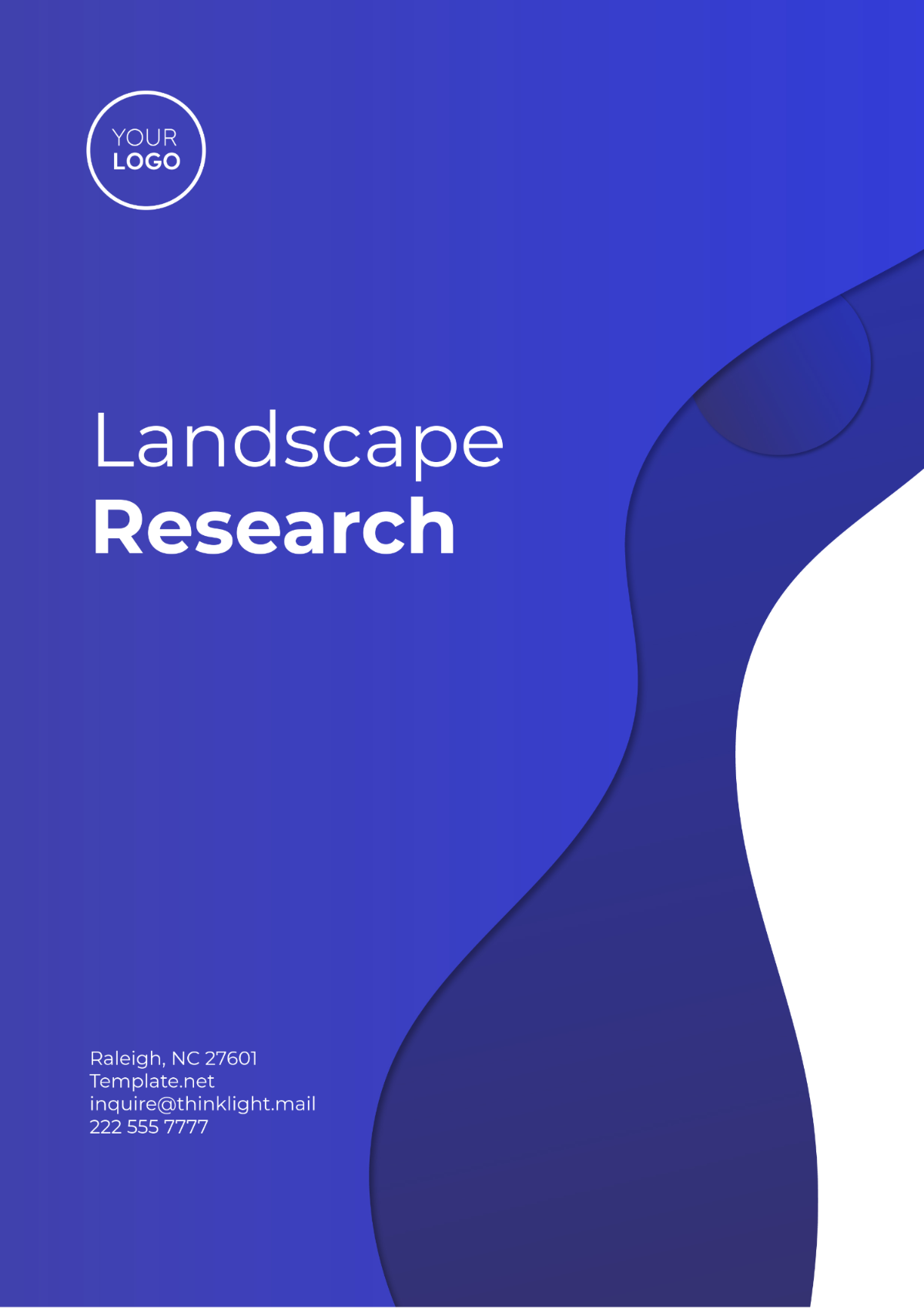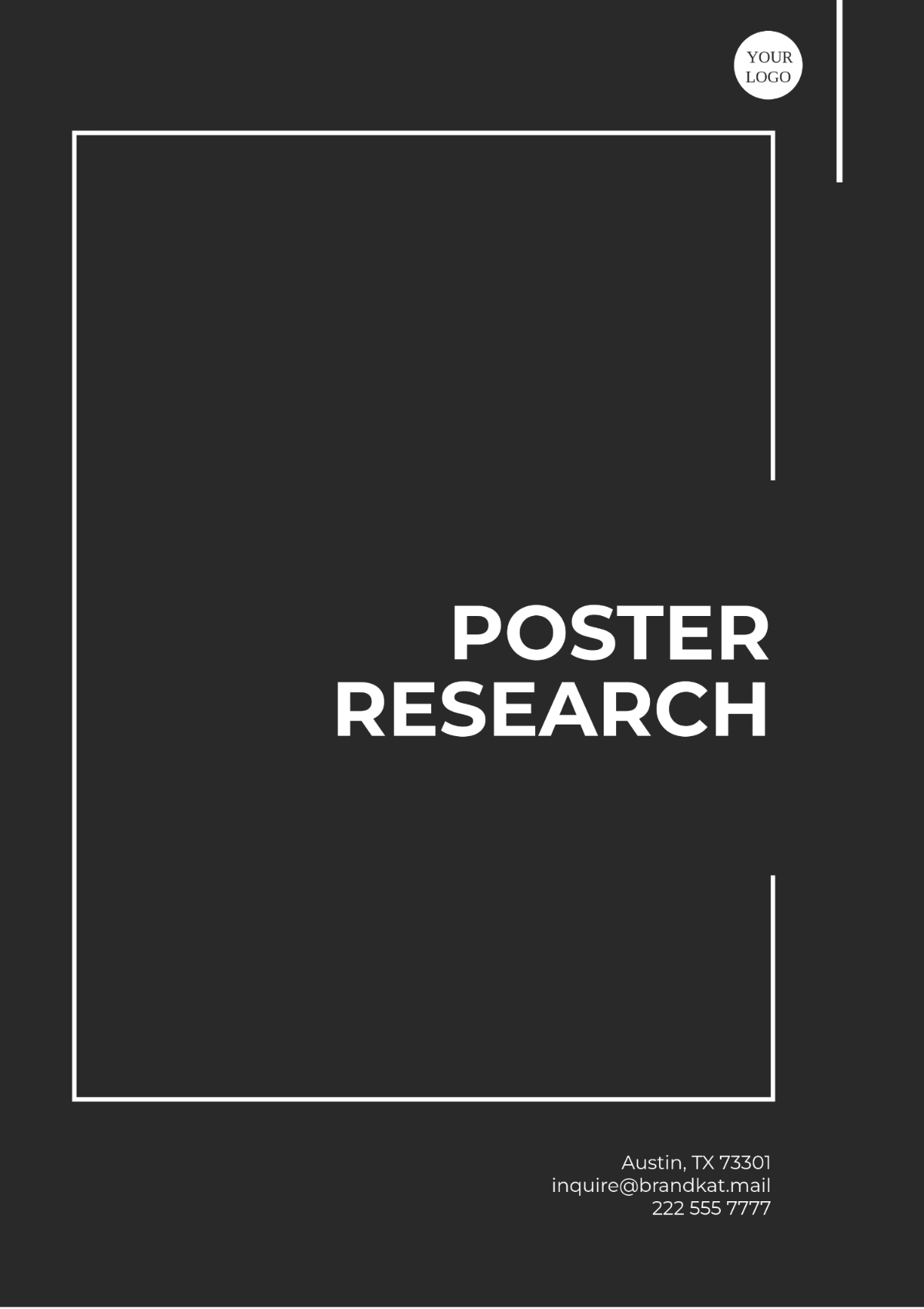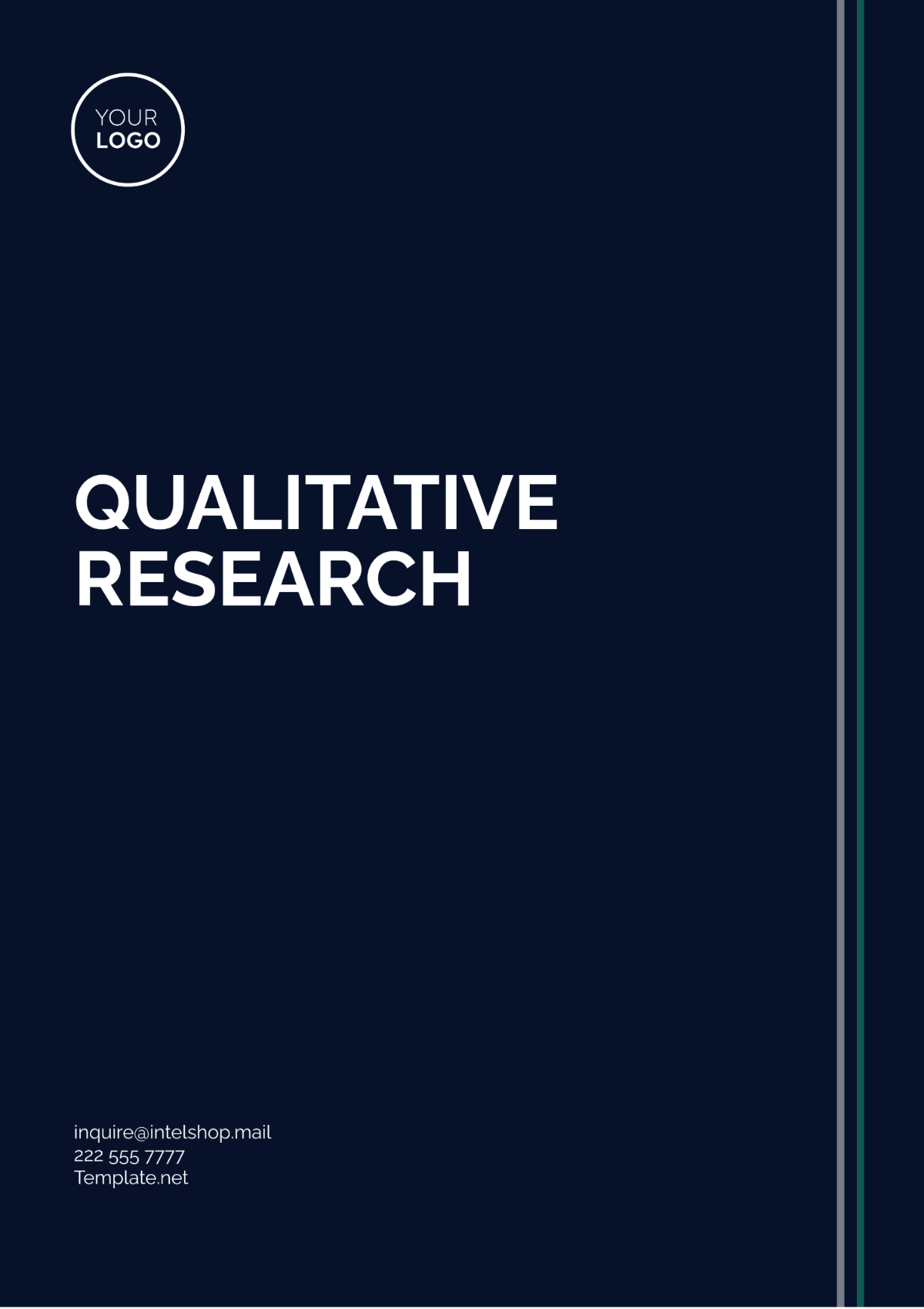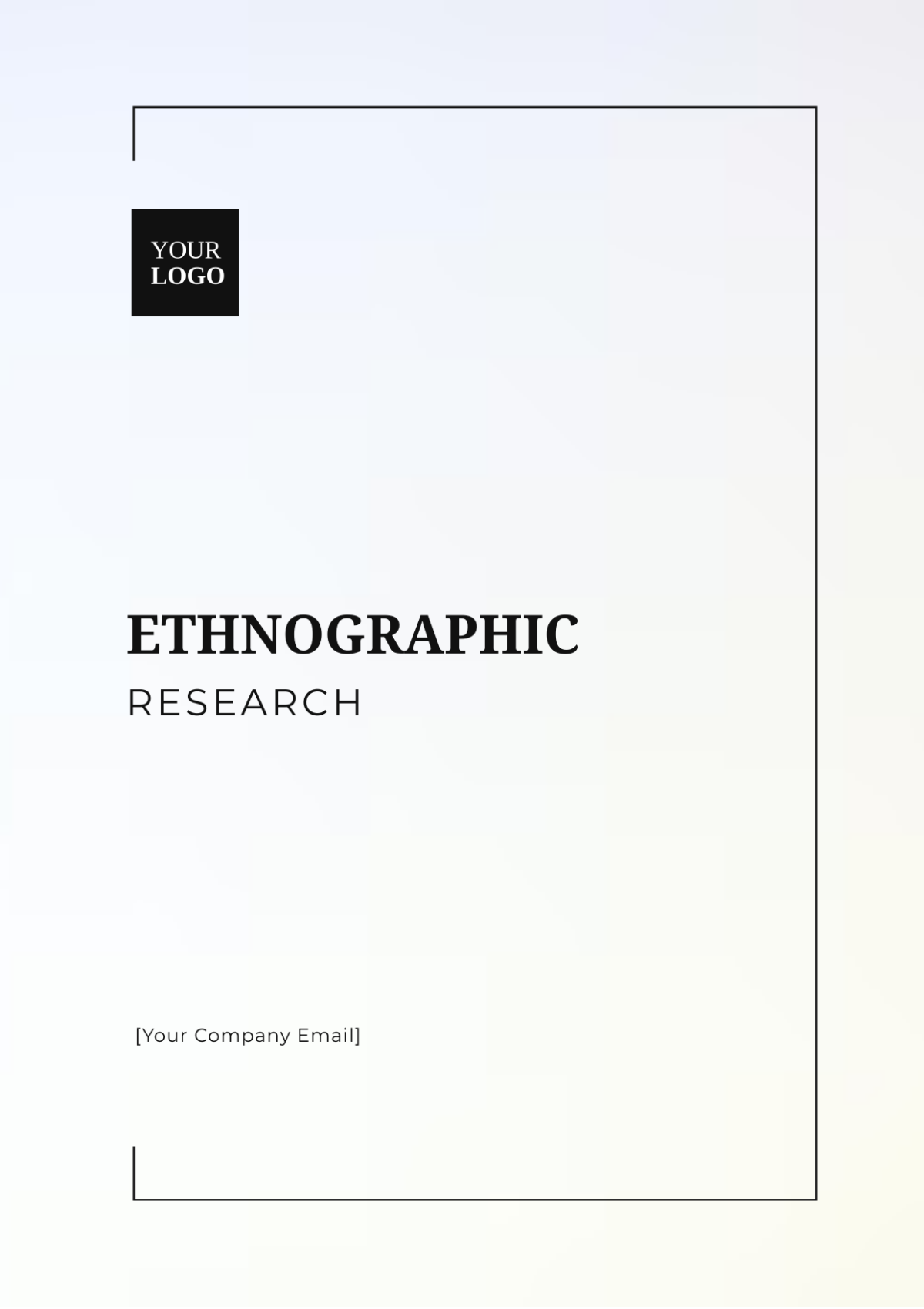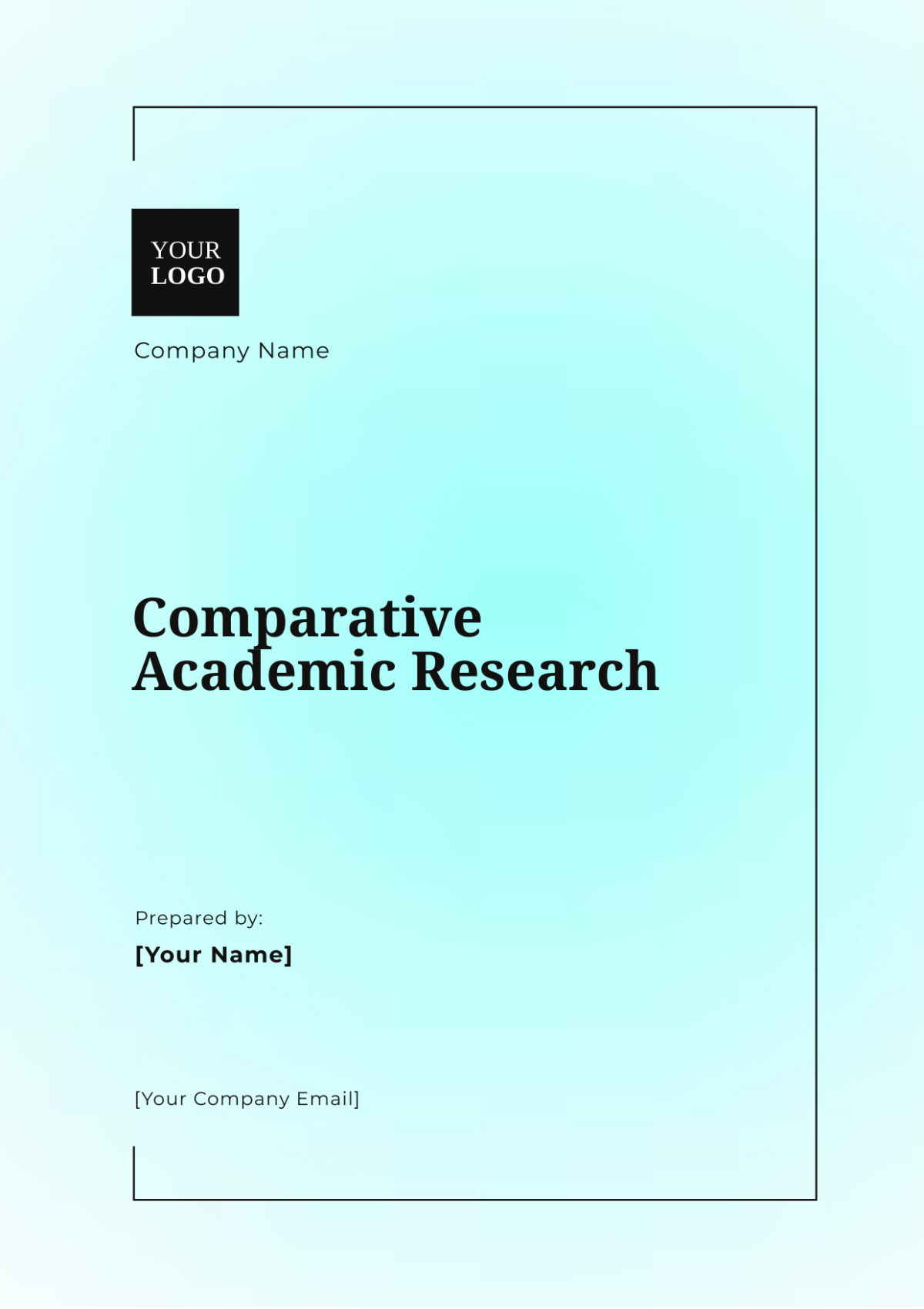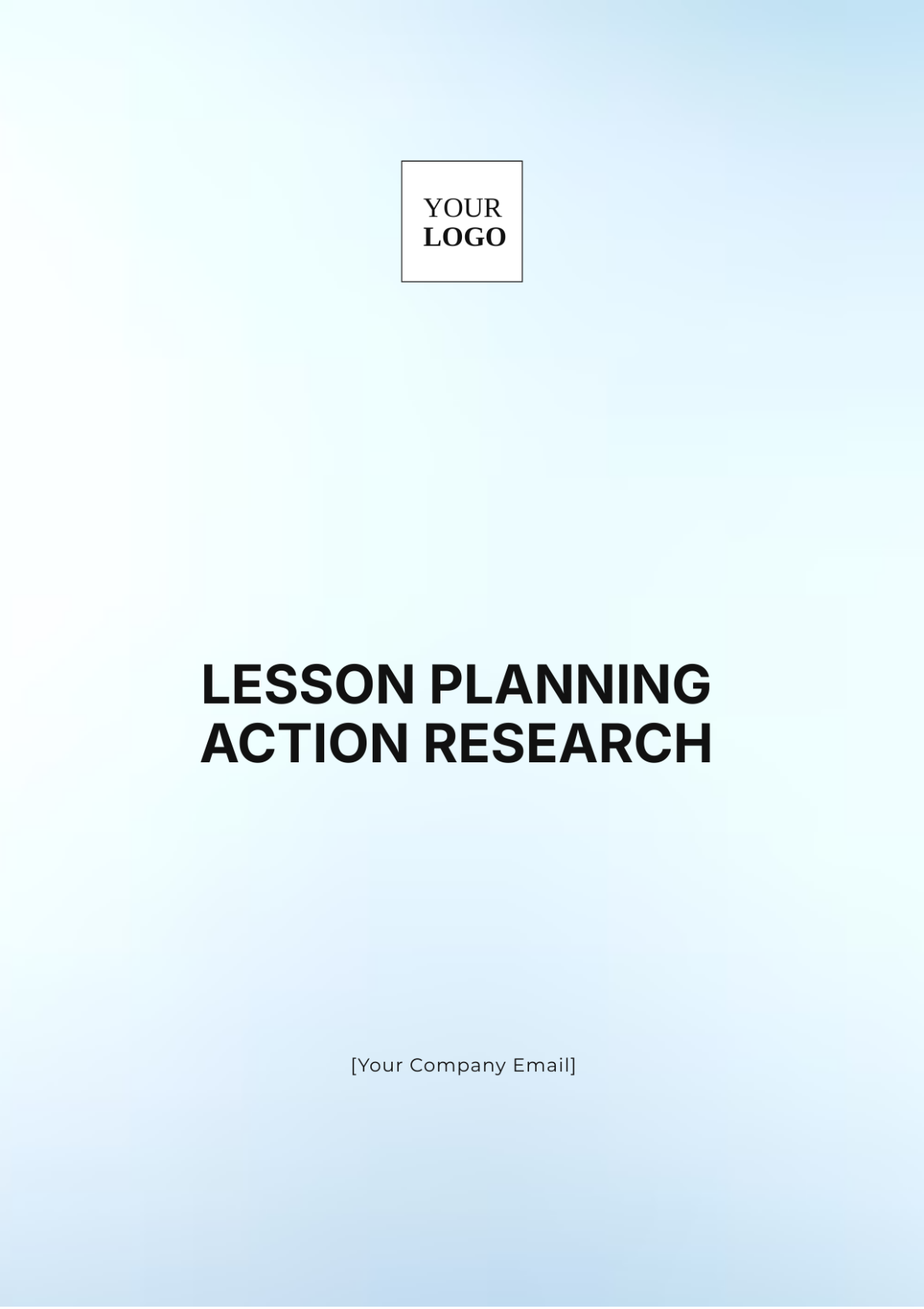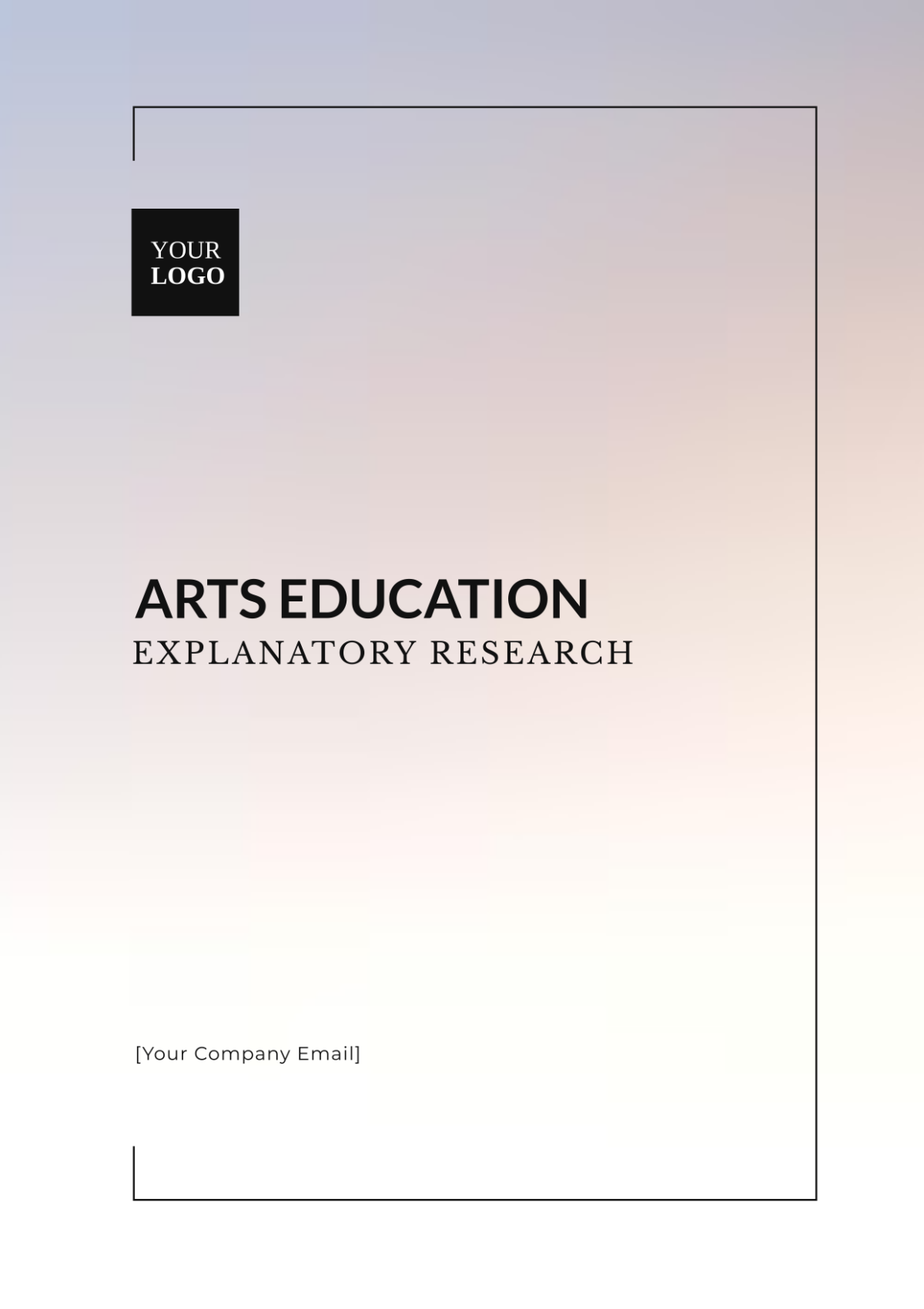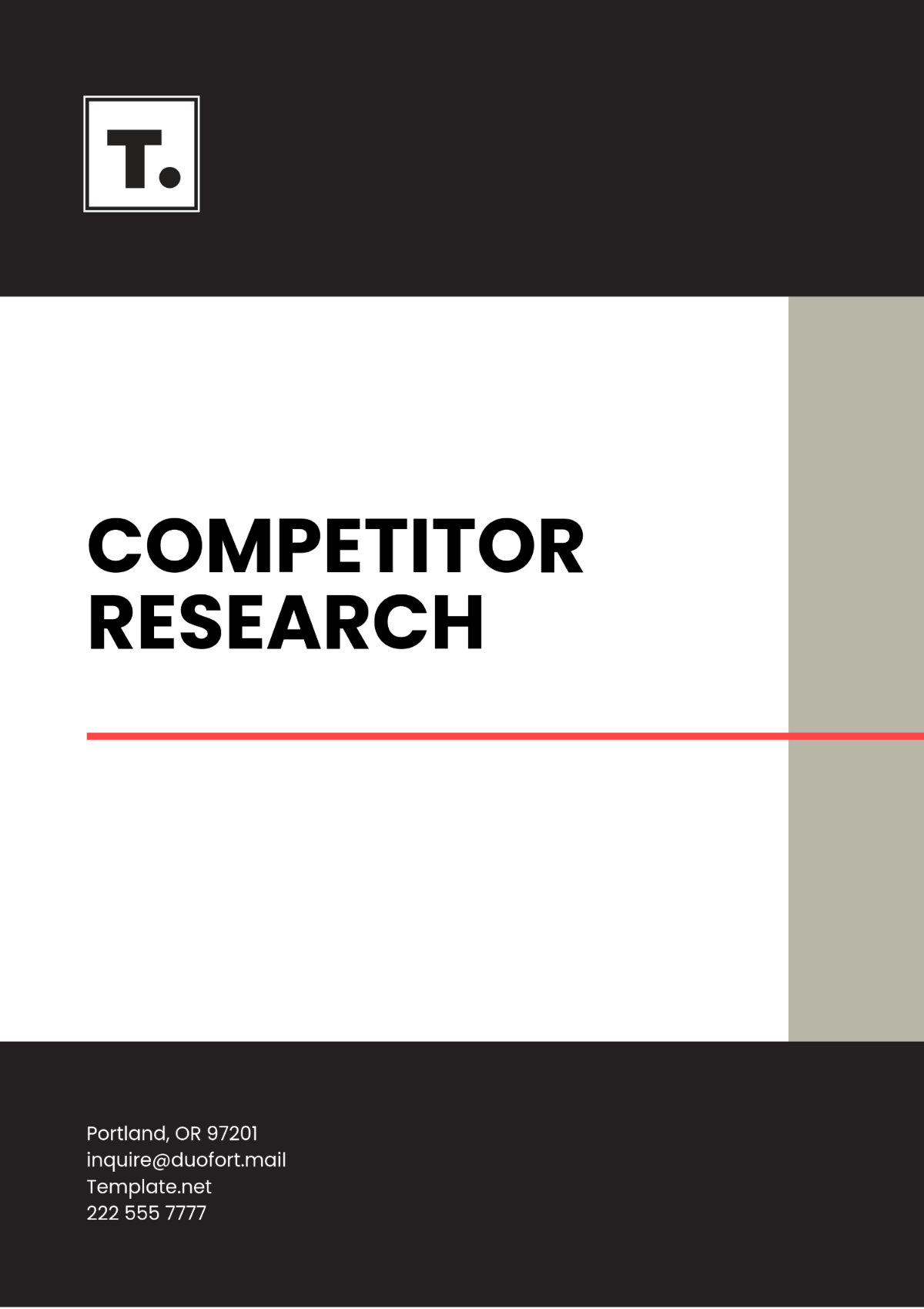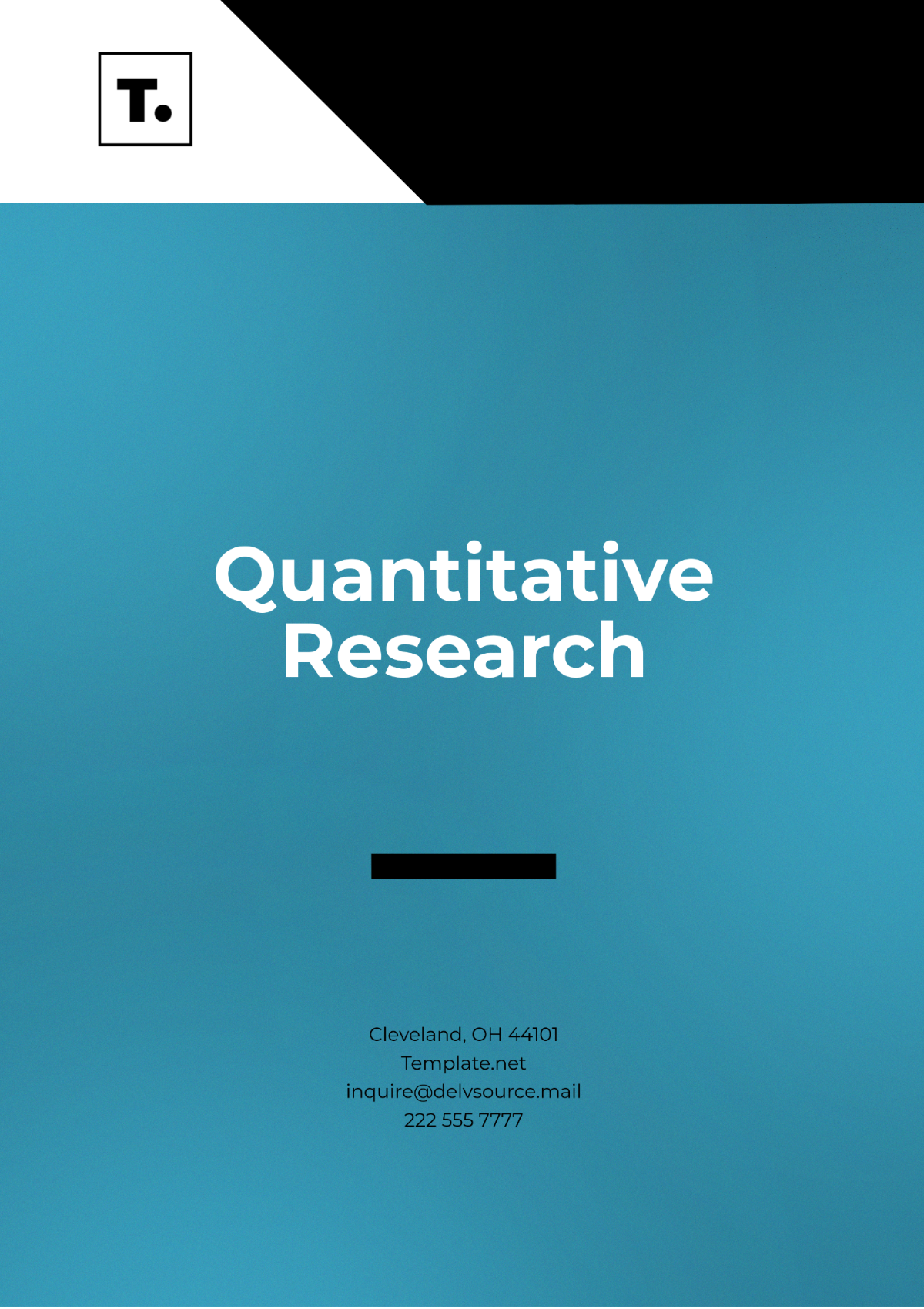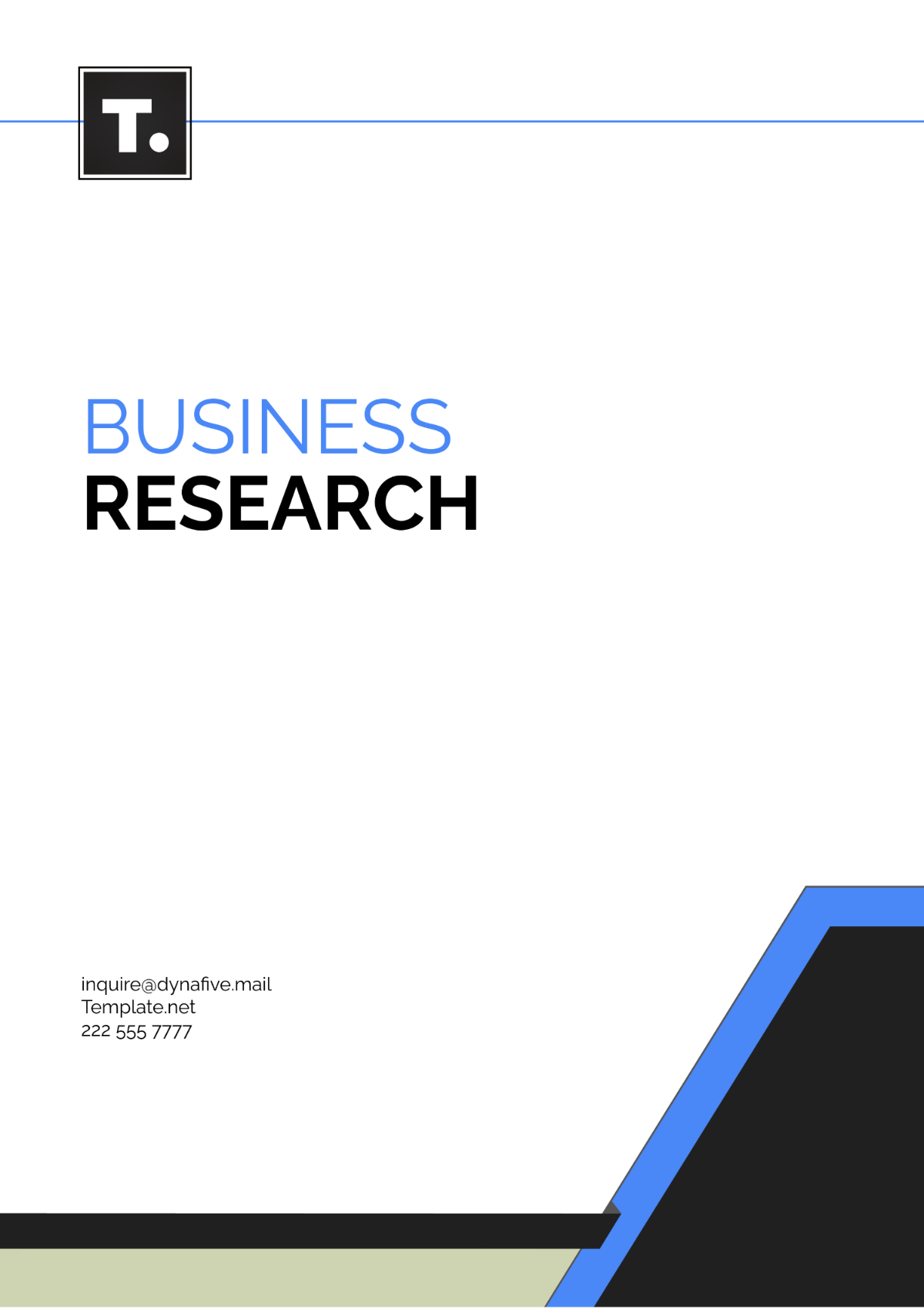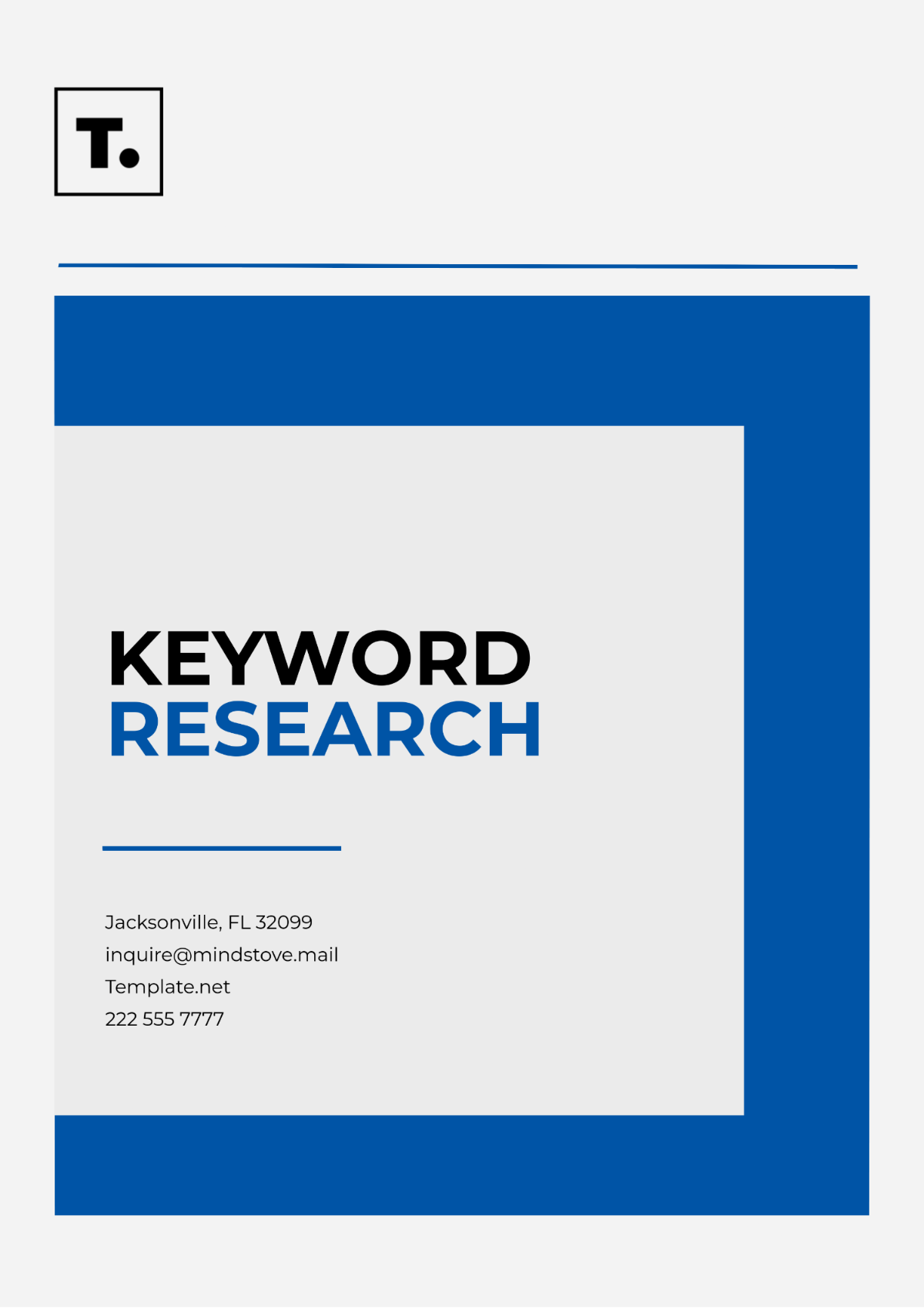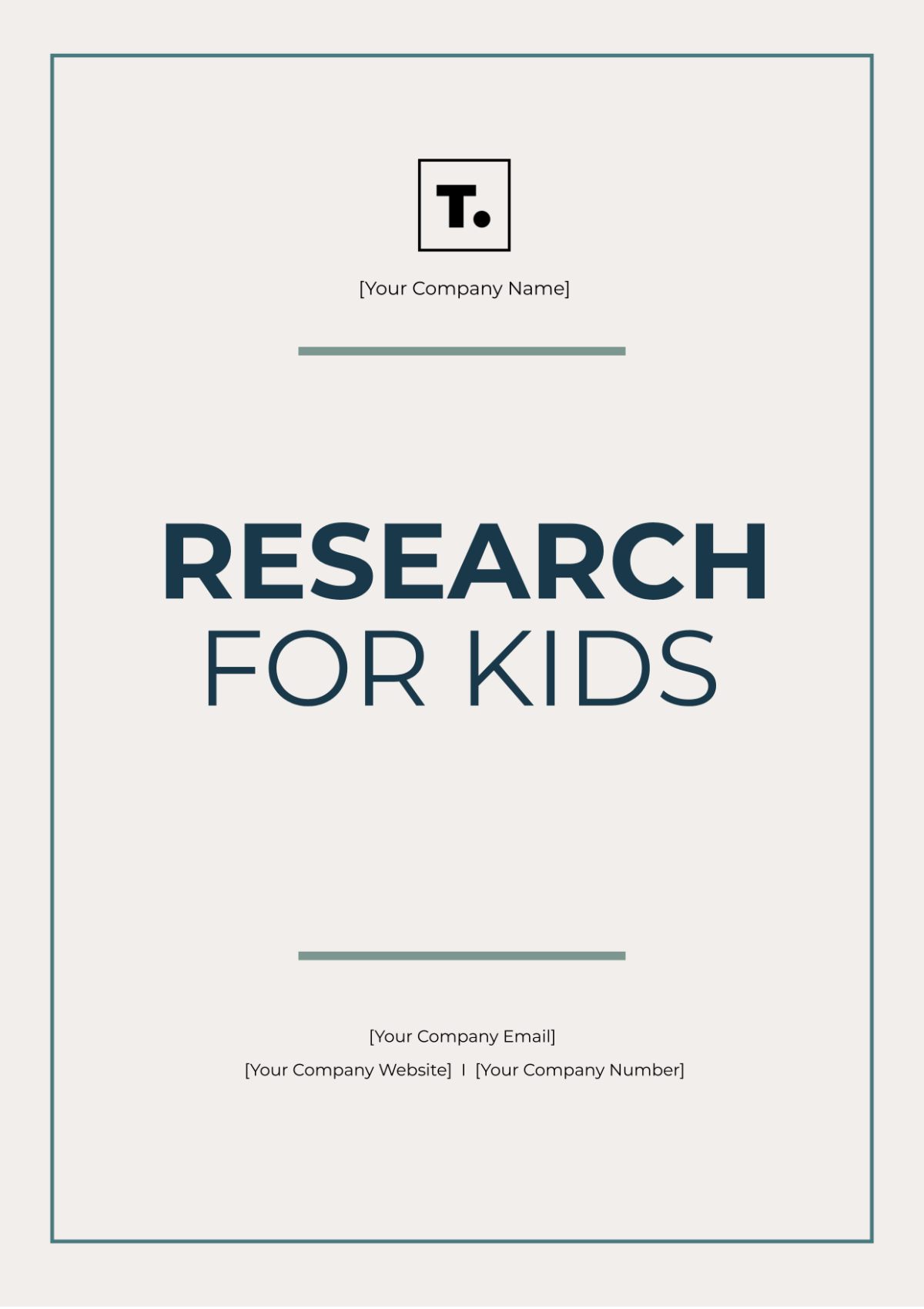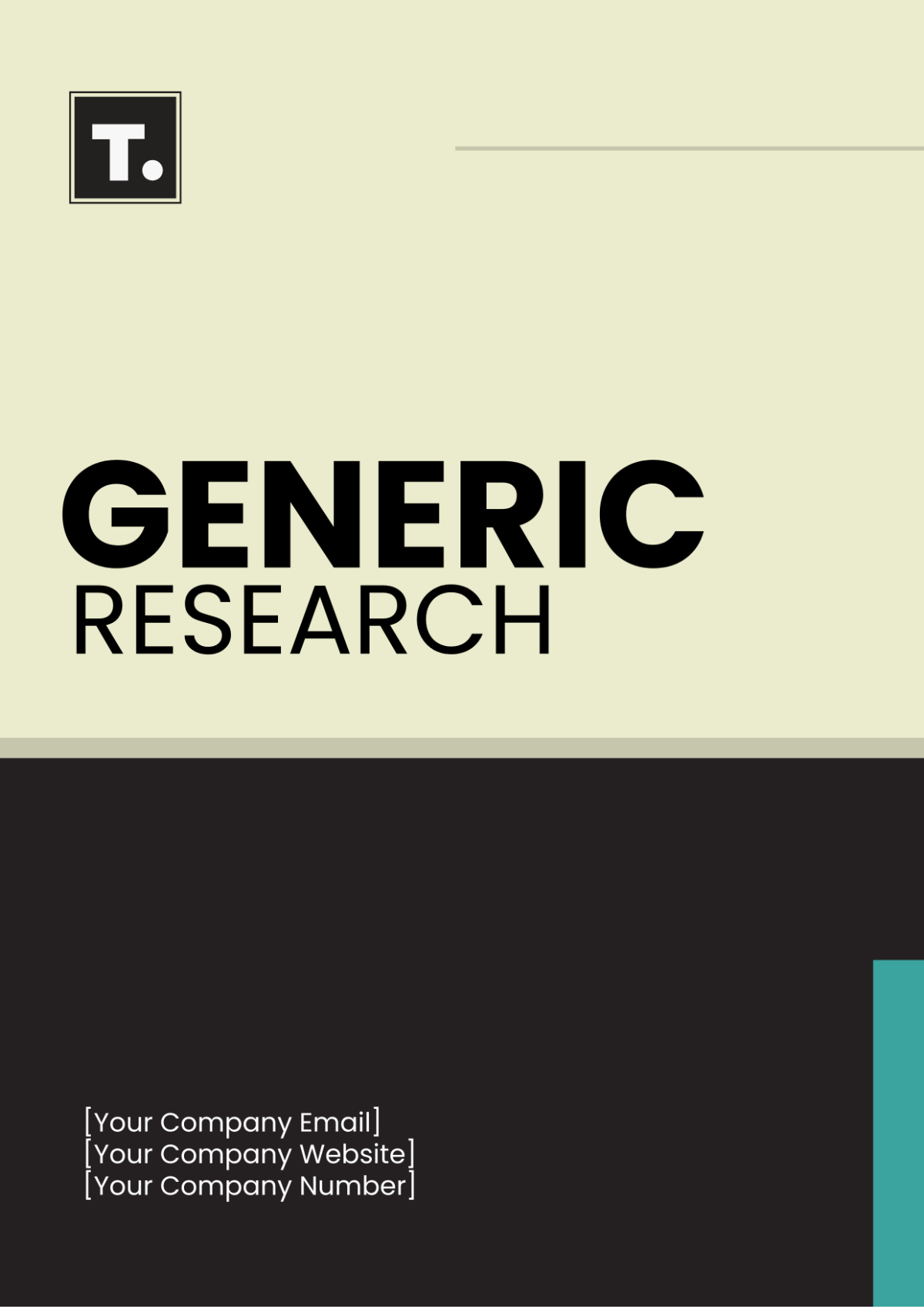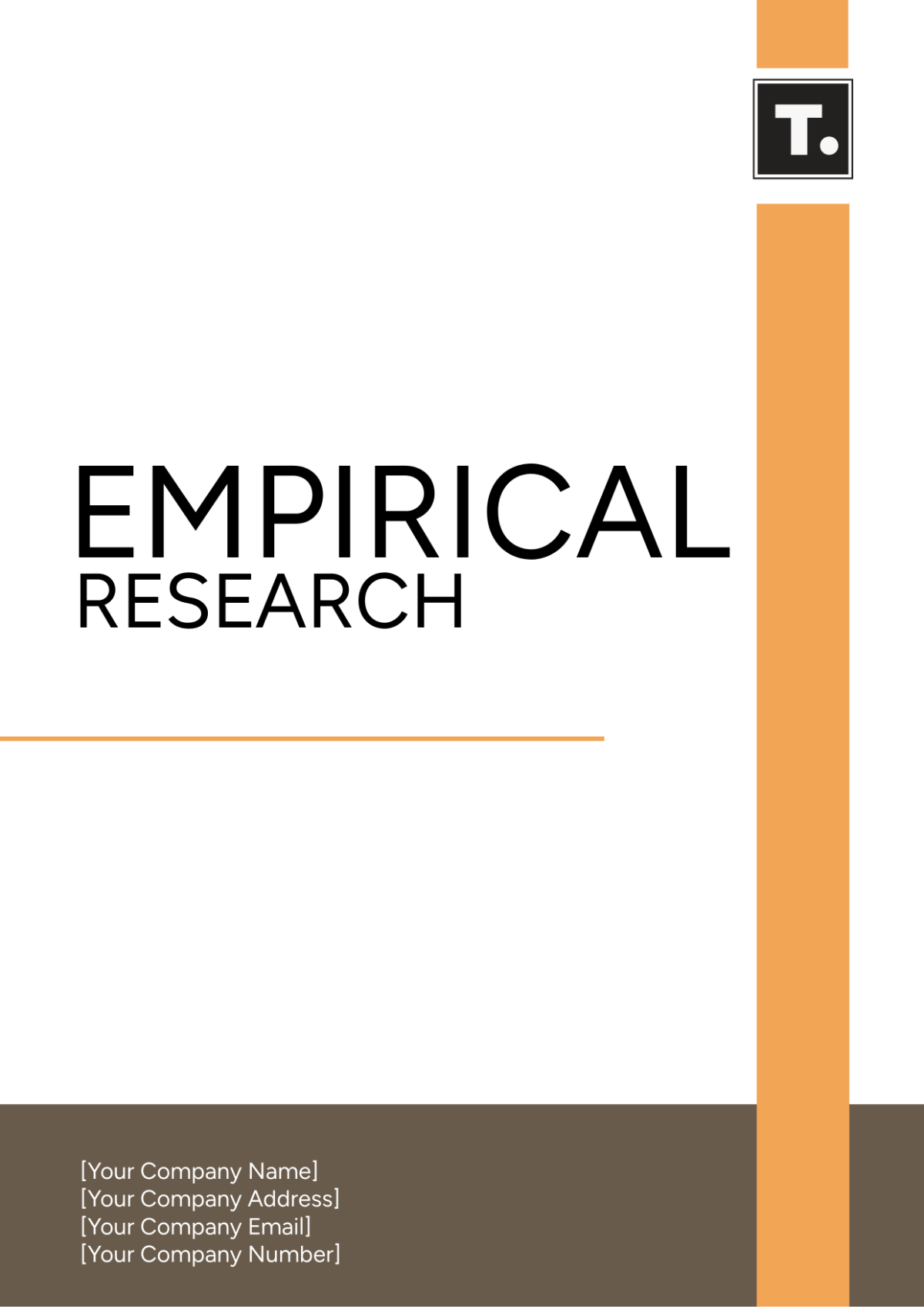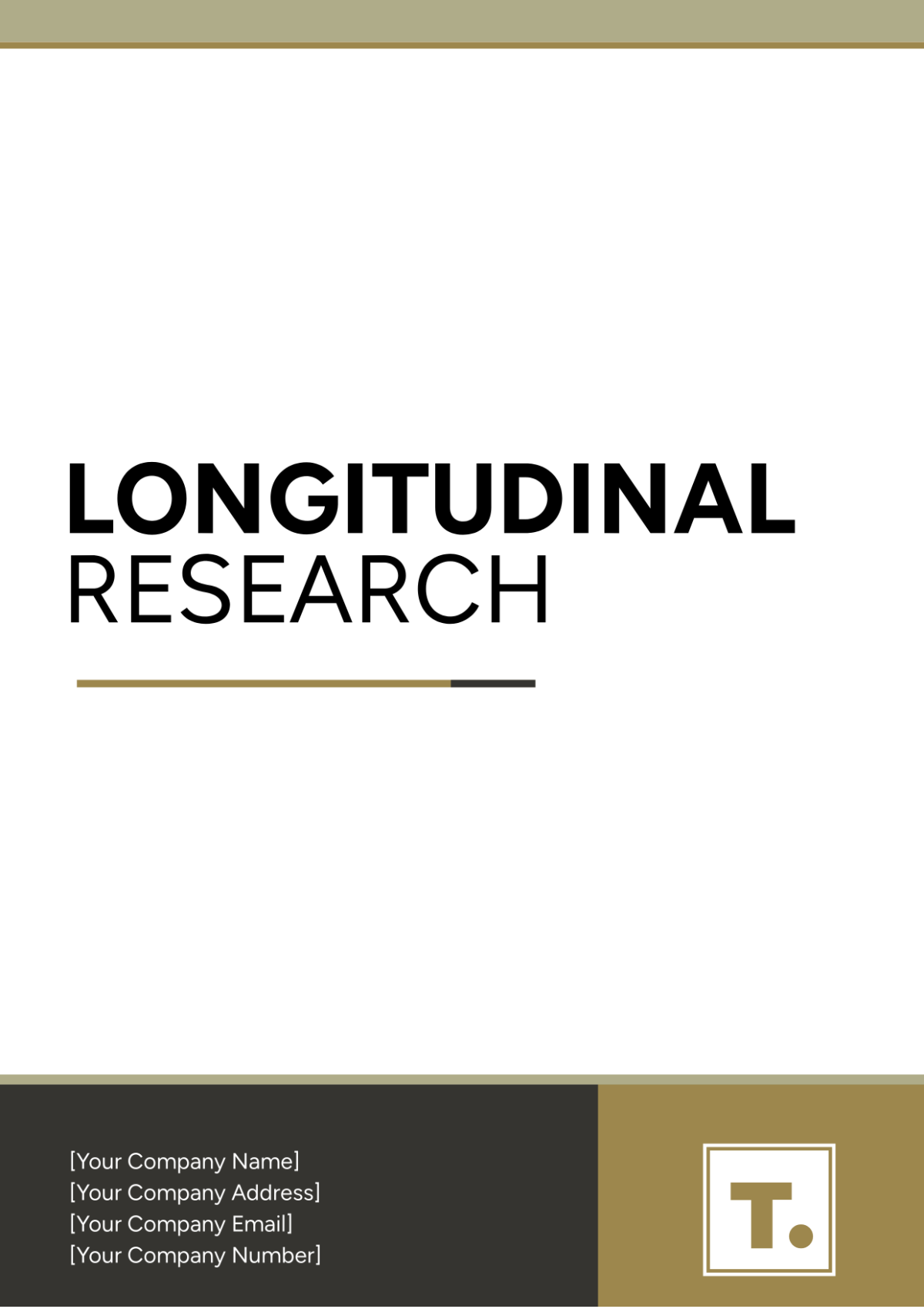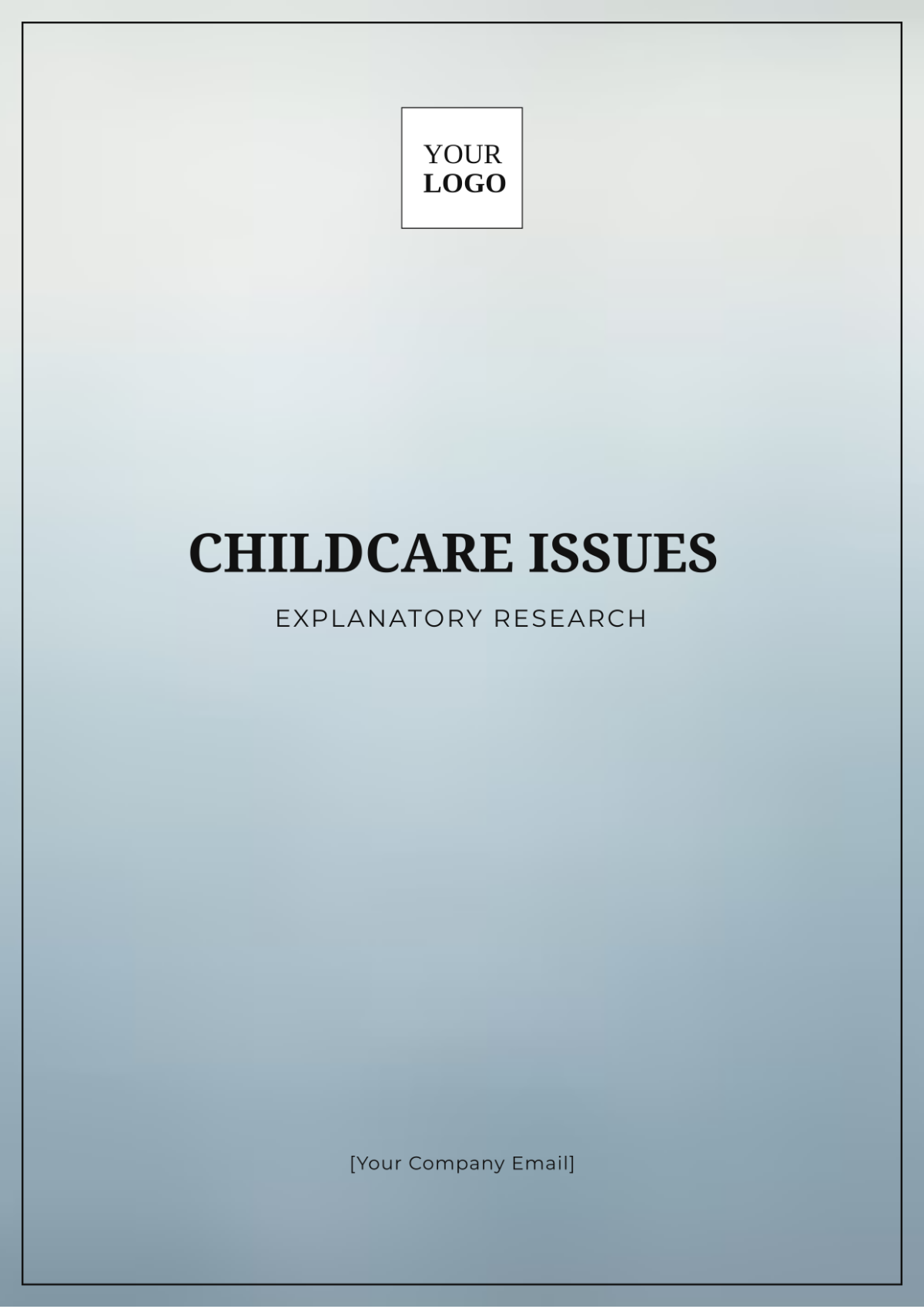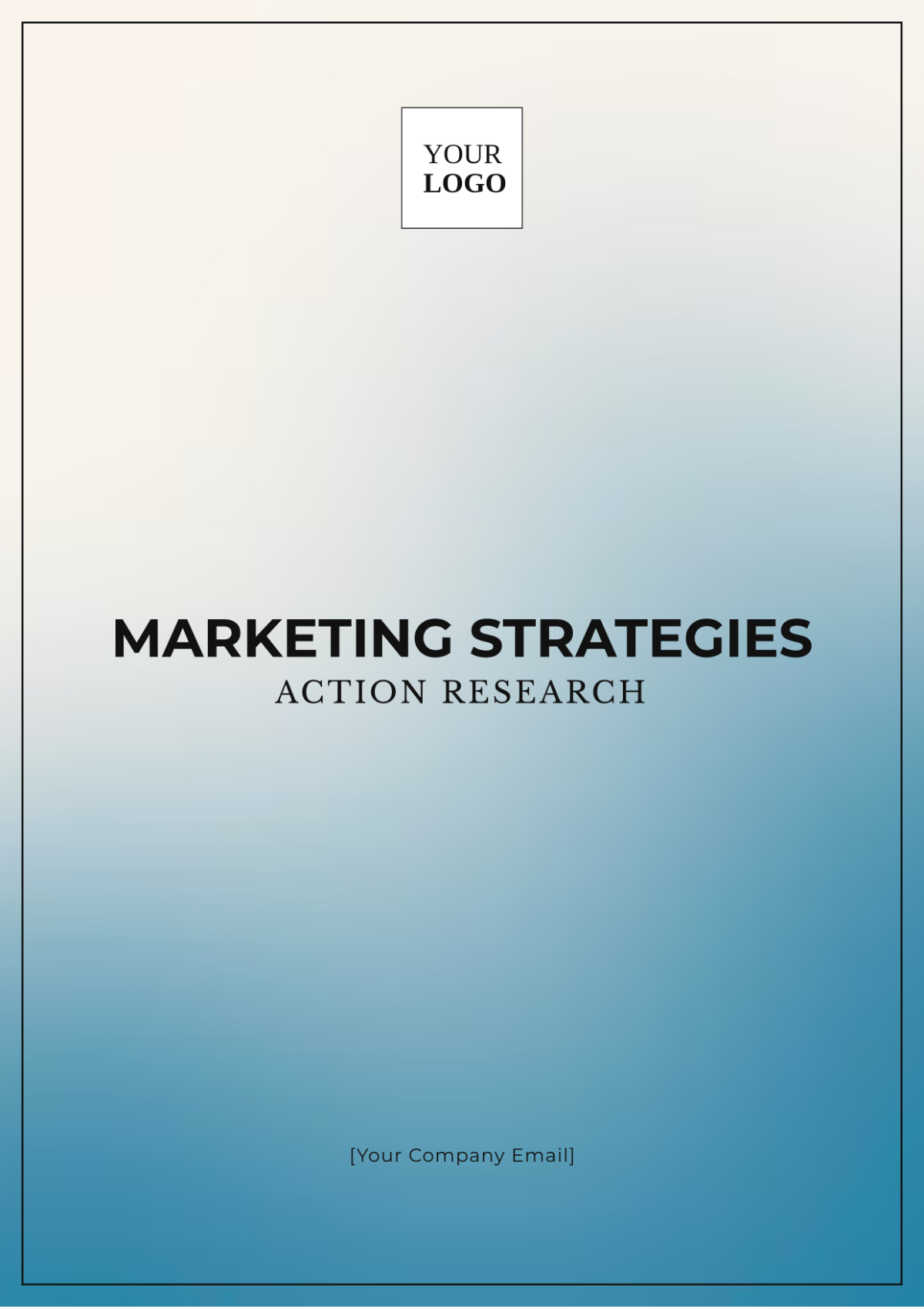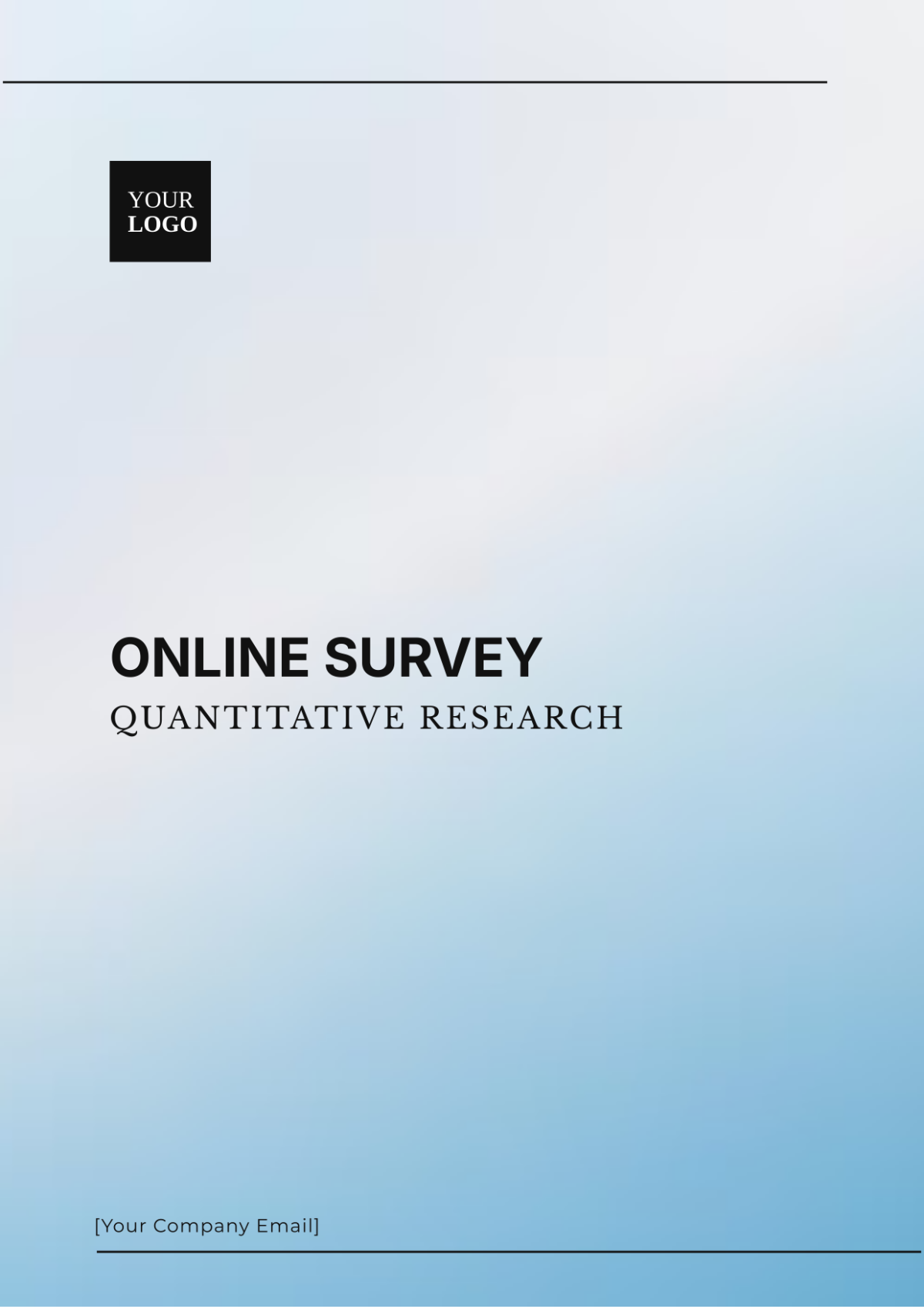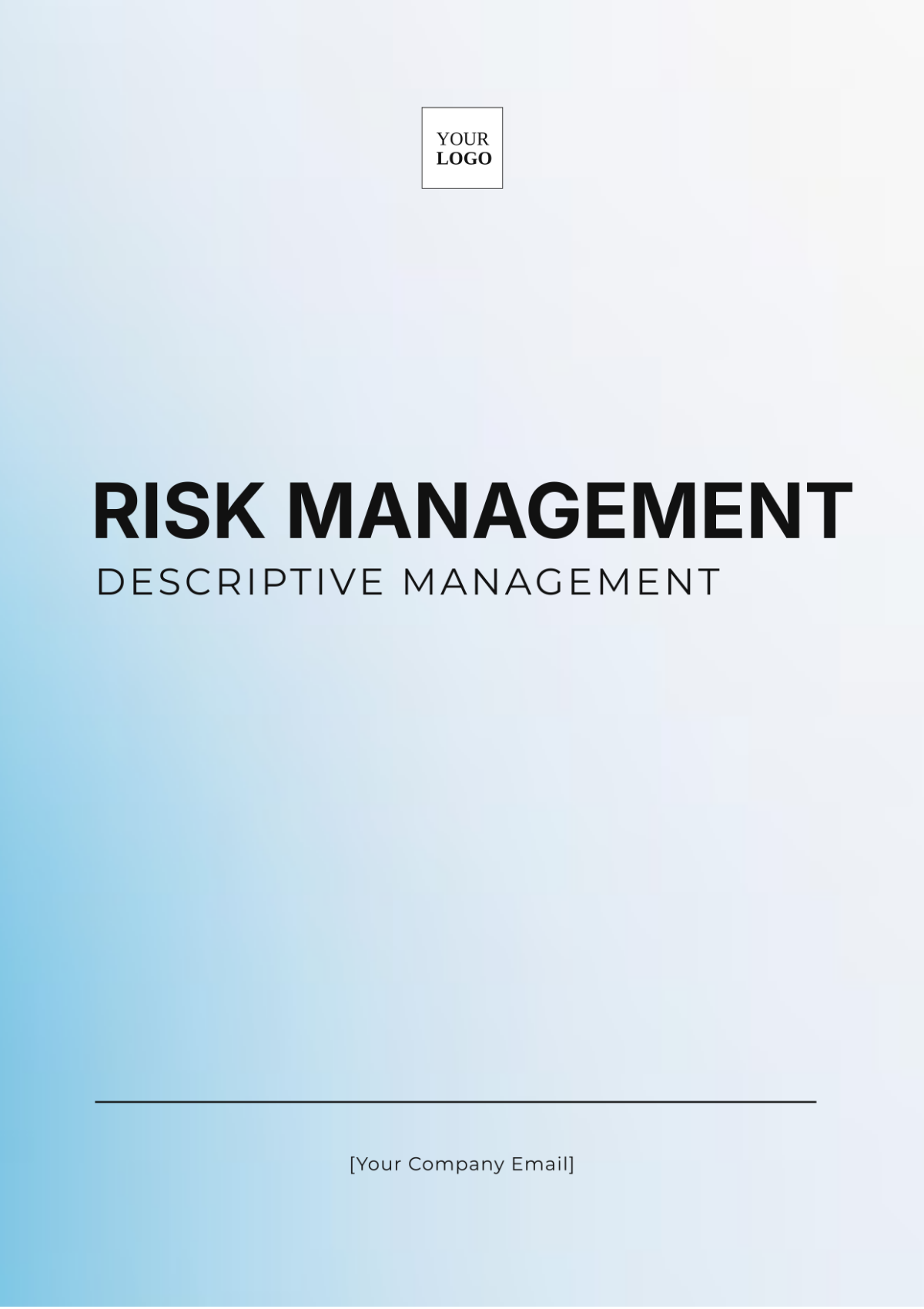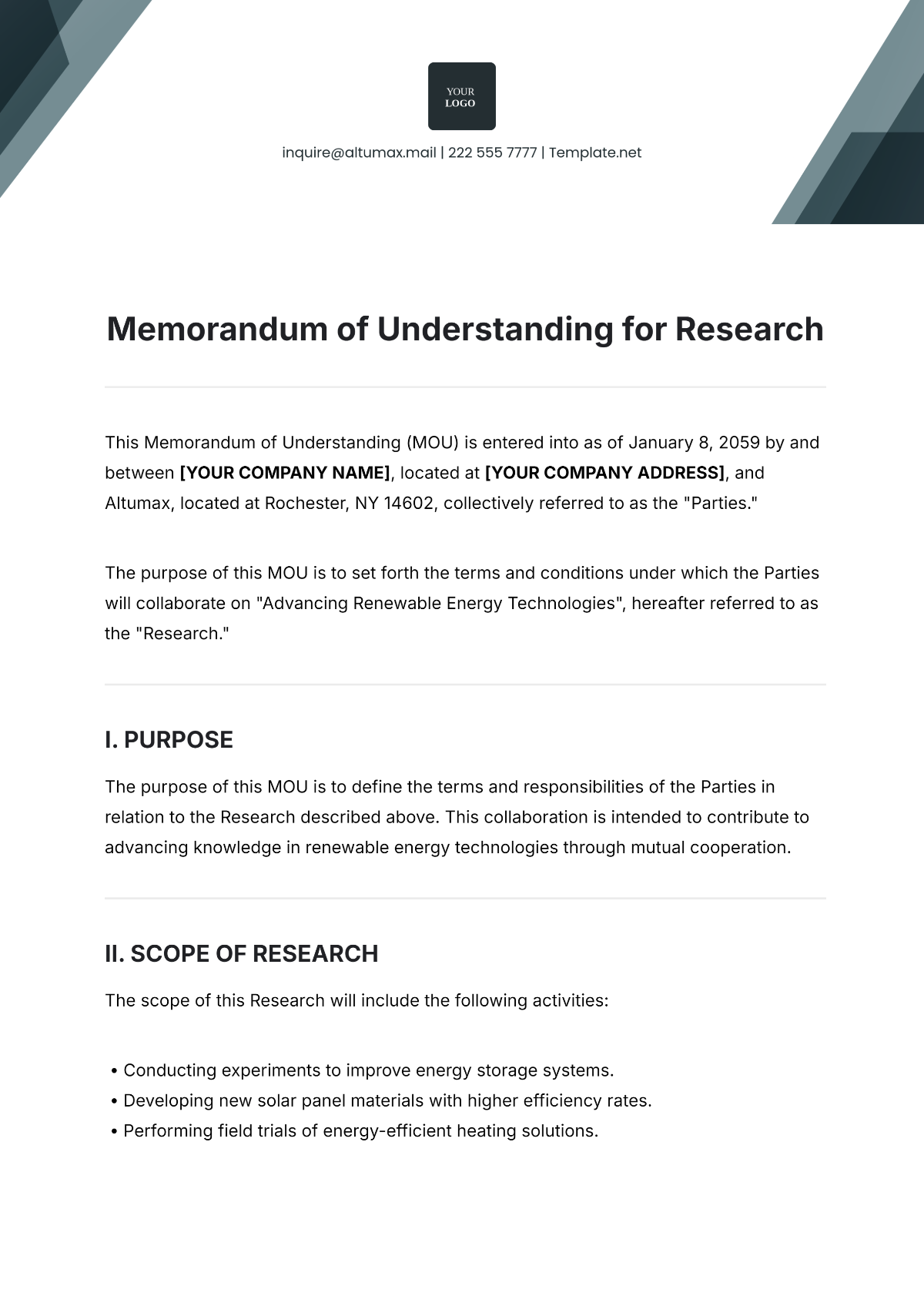Psychoanalytic Theory Explanatory Research
Researcher: [Your Name]
Date: [Date]
I. Introduction
Psychoanalytic theory, developed by Sigmund Freud, has profoundly influenced the field of psychology and our understanding of human behavior. This theory posits that unconscious processes and childhood experiences shape personality and behavior. The purpose of this research is to elucidate the core principles of psychoanalytic theory, its historical development, and its application in contemporary psychological practice. By exploring the foundational concepts and reviewing existing literature, this study aims to provide a comprehensive overview of psychoanalytic theory and its relevance today.
II. Literature Review
The literature review will examine key contributions to psychoanalytic theory, starting with Freud's original formulations and extending to contemporary interpretations and critiques. Freud's model of the psyche, which includes the id, ego, and superego, is central to understanding psychoanalytic theory. Subsequent theorists, such as Carl Jung, Anna Freud, and Erik Erikson, have expanded or modified Freud's ideas, introducing concepts like the collective unconscious and psychosocial development. This section will review significant research articles, books, and theoretical papers to highlight the evolution of psychoanalytic thought and its impact on modern psychology.
III. Theoretical Framework
The theoretical framework for this research is grounded in Freud’s psychoanalytic theory, which asserts that unconscious motivations and early life experiences are crucial in shaping individual behavior and mental processes. The theory is structured around several key concepts:
The Structure of Personality: The id, ego, and superego.
Defense Mechanisms: Strategies employed by the ego to manage anxiety.
Psychosexual Stages of Development: Phases through which an individual's personality develops.
The Unconscious Mind: A reservoir of thoughts, memories, and desires that are outside conscious awareness.
IV. Methodology
This research employs a qualitative approach, using a systematic review of existing literature and theoretical analysis. Sources include academic journals, books, and case studies relevant to psychoanalytic theory. Data collection involves synthesizing key findings from historical and contemporary sources to create a cohesive understanding of the theory. Additionally, critical analysis is used to evaluate the applicability and limitations of psychoanalytic theory in modern psychological practice.
V. Findings/Results
The research reveals that while psychoanalytic theory has been foundational in psychology, it has undergone significant evolution. Key findings include:
Development of Theory: Freud’s original concepts have been expanded by later theorists, leading to a more nuanced understanding of personality and mental disorders.
Critiques and Adaptations: Contemporary psychology often critiques Freud’s theories as lacking empirical support but acknowledges their historical significance and the contributions of later psychoanalysts.
Practical Applications: Psychoanalytic concepts continue to inform therapeutic practices, such as psychodynamic therapy, though they are often integrated with other theoretical approaches.
VI. Discussion
The discussion section explores the implications of the findings, emphasizing the relevance of psychoanalytic theory in understanding complex human behaviors and mental processes. It addresses how the theory’s concepts have been validated or challenged by modern research and practice. The ongoing debate about the empirical validity of psychoanalytic theory is considered, along with its contributions to therapeutic practices. The integration of psychoanalytic ideas with contemporary psychological approaches is also discussed.
VII. Conclusion
Psychoanalytic theory, despite its controversies and limitations, remains a significant theoretical framework in psychology. Its emphasis on the unconscious mind and early developmental experiences has laid the groundwork for understanding human behavior and mental health. The theory’s evolution and integration with other psychological perspectives highlight its enduring influence and relevance. Future research may focus on empirically validating psychoanalytic concepts and exploring their applications in diverse therapeutic contexts.
VIII. References
Freud, S. (2050). The Interpretation of Dreams. Basic Books.
Freud, S. (2050). The Ego and the Id. SE, 19: 12-66.
Jung, C. G. (2050). Man and His Symbols. Doubleday.
Erikson, E. H. (2050). Childhood and Society. Norton & Company.
Anna Freud, A. (2050). The Ego and the Mechanisms of Defence. International Universities Press.
Klein, M. (2050). The Psycho-Analysis of Children. Hogarth Press.
Mitchell, S. A., & Black, M. J. (2050). Freud and Beyond: A History of Modern Psychoanalytic Thought. Basic Books.
Eysenck, H. J. (2050). The Personality Puzzle. Harper & Row.




